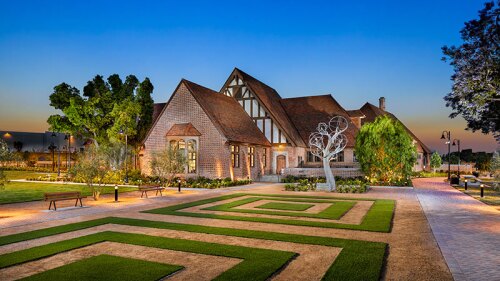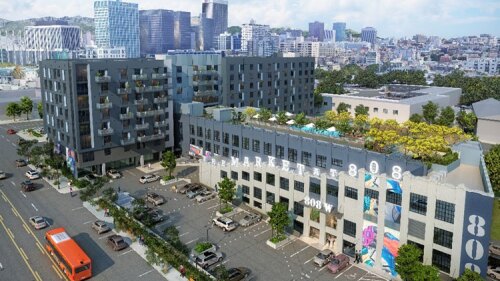Jack Skelley writes about urban design, architecture, and real estate. He is president of JSPR, Public Relations, Writing & Marketing. He serves on the advisory board and management committee of ULI Los Angeles and writes frequently for FORM and Modern Luxury, publications for which he is a contributing writer.









